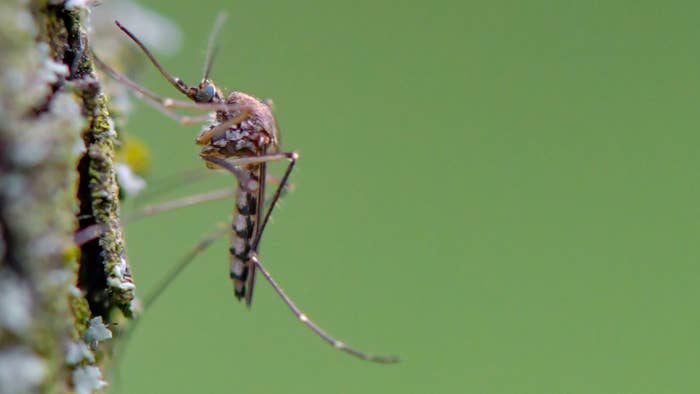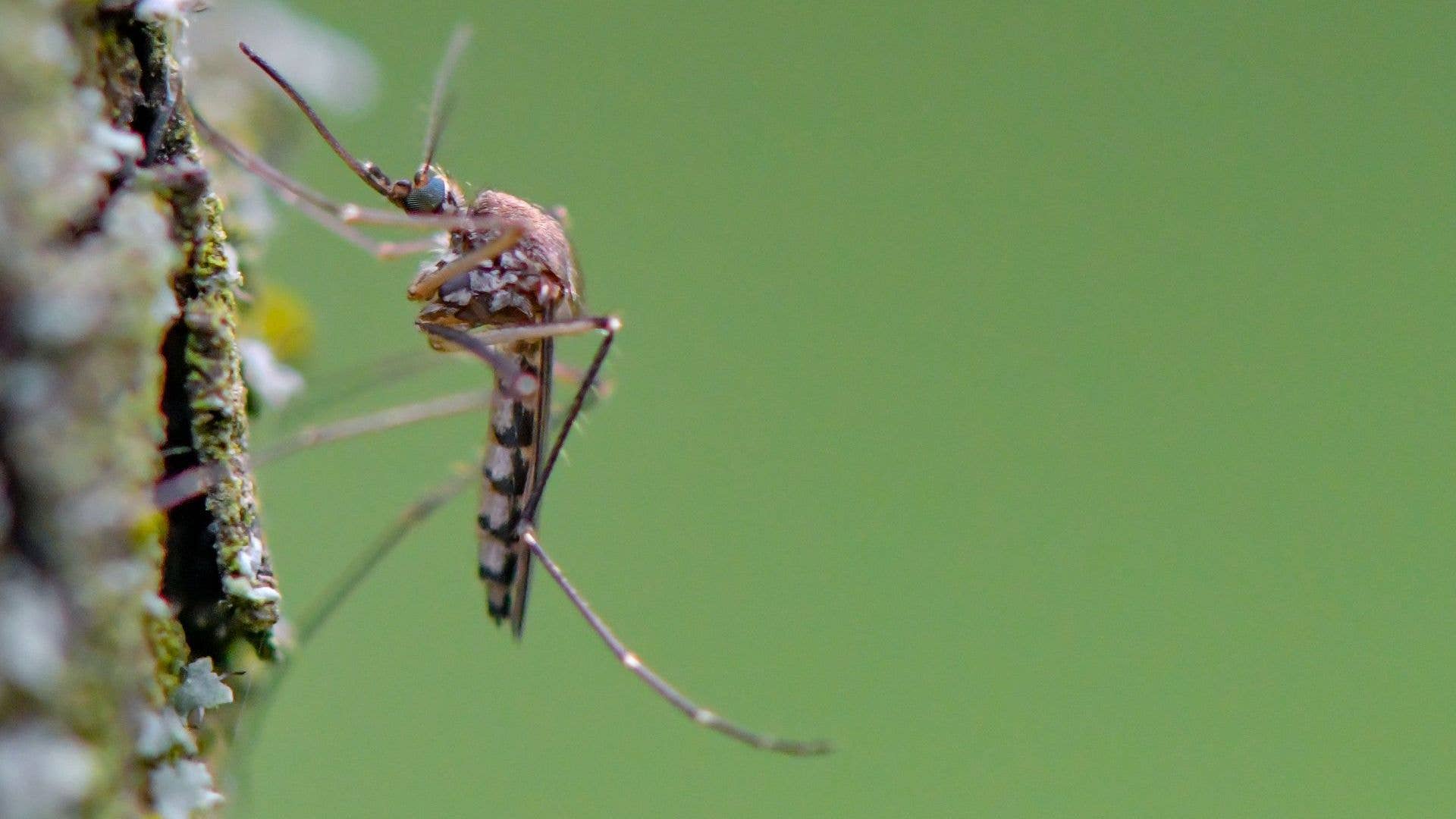
Scientists have just been approved to release 750 million genetically engineered mosquitoes in the Florida Keys in an effort to decrease the natural mosquito population in the region, Fast Company reports.
Oxitec, the U.K.-based company that engineered the mosquitoes, will leave boxes of male mosquito eggs in various areas in the Keys beginning in 2021. The mosquitoes have been bred with a self-limiting gene, meaning that when they breed with female mosquitoes, their offspring won't survive.
“With repeated releases over a number of weeks, the population of females gradually reduces,” Oxitec’s head of global field operations Kevin Gorman said. “And we end up with vector control. It’s taking away that vector that is intended to reduce the incidence of disease.”
Only female mosquitoes bite, consume blood, and are possible carriers of diseases like yellow fever, whereas male mosquitos consume nectar. This same test has been done in other countries like Brazil, and in all cases it has managed to significantly shrink the mosquito populations in those regions.
While these experiments have been approved by the Environmental Protection Agency, some policymakers believe it's not the right time to try and curtail the mosquito population in te midst of a global pandemic.
"With all the urgent crises facing our nation and the State of Florida — the Covid-19 pandemic, racial injustice, climate change — the administration has used tax dollars and government resources for a Jurassic Park experiment," Jaydee Hanson, policy director for the International Center for Technology Assessment and Center for Food Safety, said in a statement on Wednesday.
She continued, "Now the Monroe County Mosquito Control District has given the final permission needed. What could possibly go wrong? We don't know, because EPA unlawfully refused to seriously analyze environmental risks, now without further review of the risks, the experiment can proceed."
Field tests are set to begin in the Florida Keys and other states such as Texas towards the tail end of 2021.

